The Vietnam Trade Office in Belgium and the European Union (EU) recently issued a warning to businesses producing rice noodles, pho, rice paper, etc. from rice in Vietnam to improve quality control as the European Commission (EC) has received a dossier monitoring rice noodles and rice paper products containing the active ingredient 2-chloroethanol (pesticide residue).
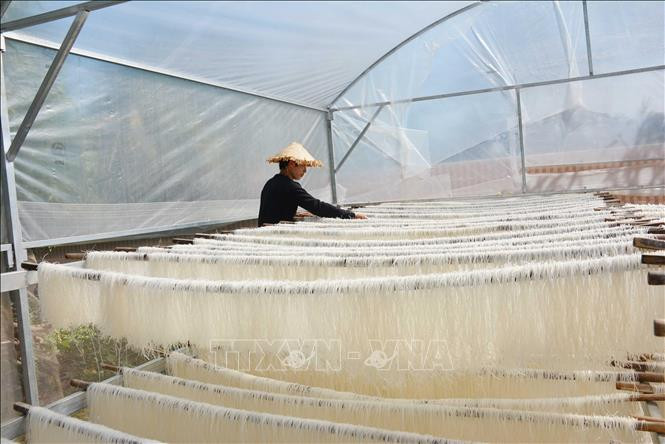
According to the Vietnam Trade Office in Belgium and the EU, the fact that the EC is establishing a record to monitor 2-chloroethanol residues in vermicelli, pho, and rice paper products imported from Vietnam is very important.
If Vietnamese enterprises do not manage residues well, the EC will likely put them under food safety inspection like instant noodles. This will have a huge impact on Vietnam's processed food exports because the EU is a large market for this product.
At the conference on trade promotion with the Vietnamese trade office system abroad organized by the Ministry of Industry and Trade at the end of March, the Vietnamese Trade Office in Belgium and the EU recommended that instant noodle exporting enterprises need to strengthen quality management so that Vietnam has a basis to discuss with the EC about removing the quality control certificate.
The Vietnam Trade Office in Belgium and the EU said that on March 3, 2023, the EU issued new Regulation No. (EU) 2023/465 amending Regulation (EC) No. 1881/2006 regarding maximum ascen MRL levels in certain foods.
Specifically, the regulation regulates the ascen residue level for rice, rice-based products, infant nutritional foods, fruit juices, concentrated fruit products, and salt. The ascen MRL threshold ranges from 0.01 to 0.15 mg/kg of product. This regulation takes effect from March 26, 2023.
New Regulation (EU) No. 2023/466 amends Annexes II, III and V of Regulation (EC) No. 396/2005 of the European Parliament and of the Council concerning maximum residue levels (MRLs) for the active ingredients isoxaben, novaluron and tetraconazole in or on an agricultural food product including groups of fresh and frozen vegetables, tubers and fruits; groups of nuts, cashews, coffee, tea, groups of spices, cereals, oilseeds and terrestrial animal products, meat of all kinds, eggs, milk, honey...
The MRL of active ingredients on different types of products is from 0.01 mg/kg. However, the EU also sets the MRL of one of the above active ingredients from 0.05 mg/kg, 0.07 or even 1.5 mg/kg in product groups such as vegetables, spices, meat and animal organs. This regulation will come into effect on September 26, 2023.
Therefore, enterprises exporting Vietnamese agricultural products and food to the Netherlands/EU market need to regularly monitor the EU's new regulations on MRL, promptly inspect, supervise and adjust exported goods in accordance with regulations.
Source










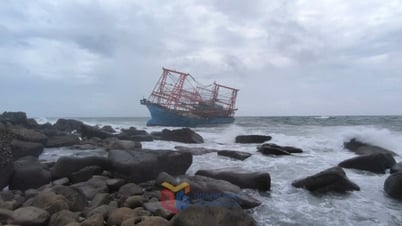
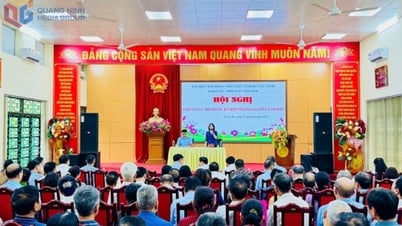









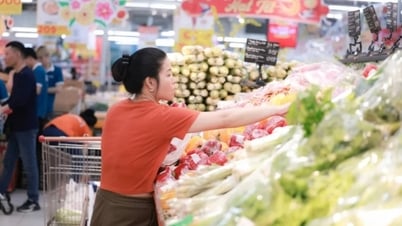































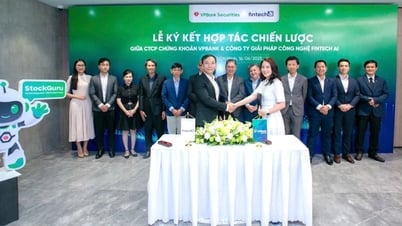







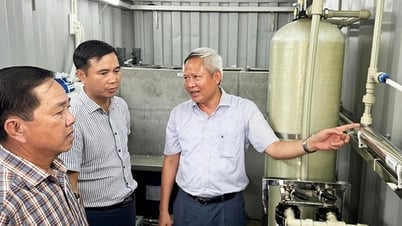




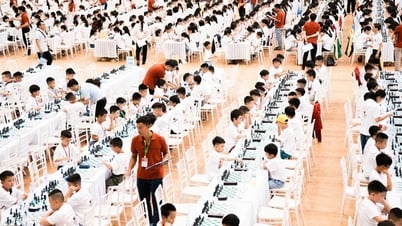
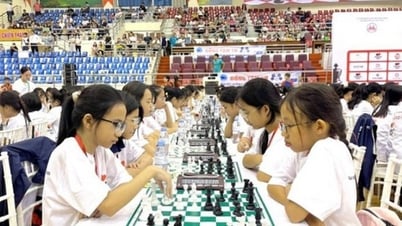


























Comment (0)